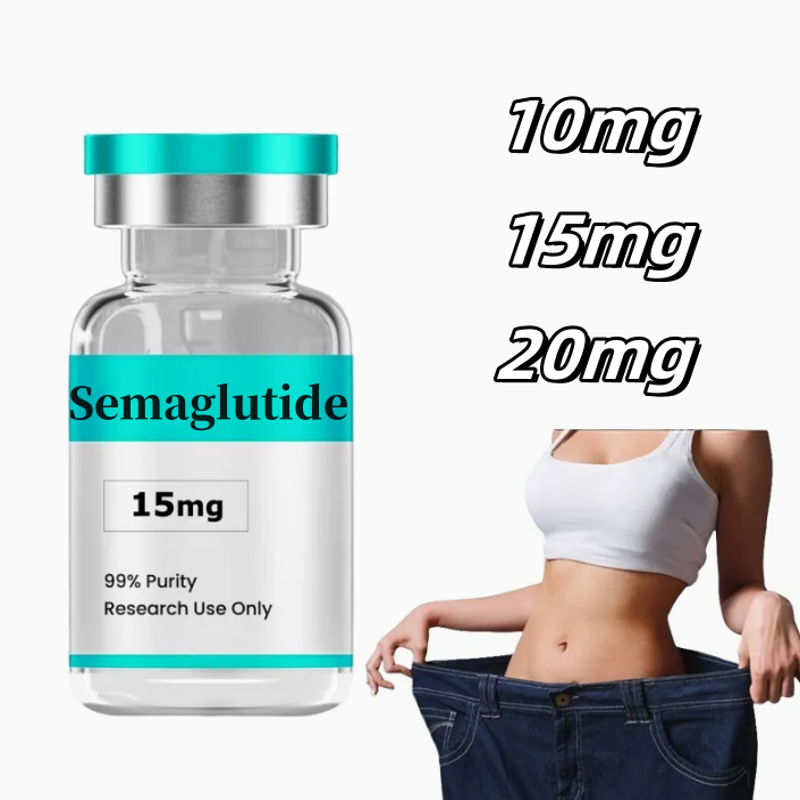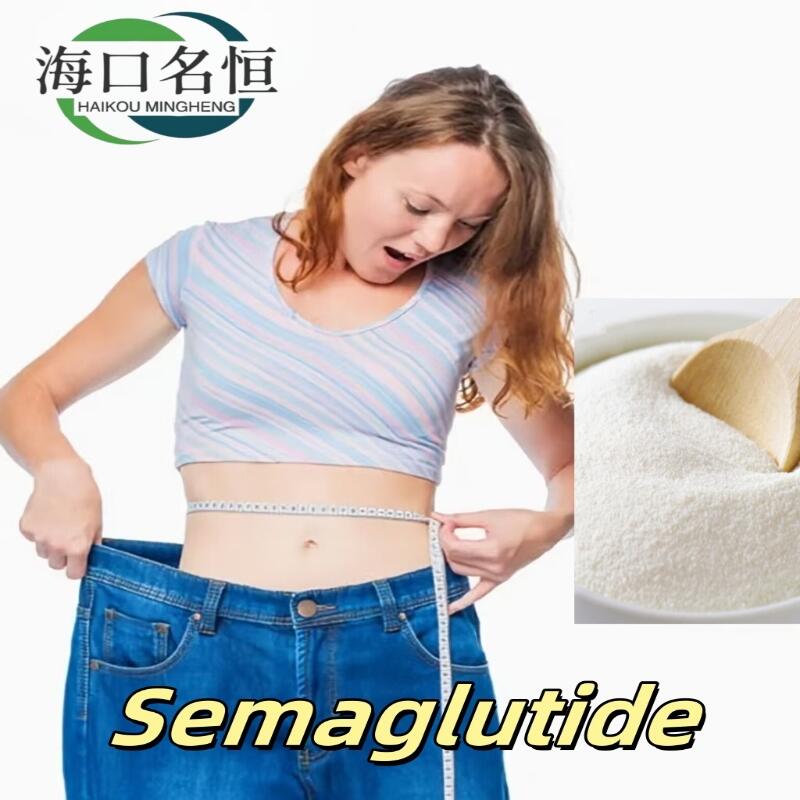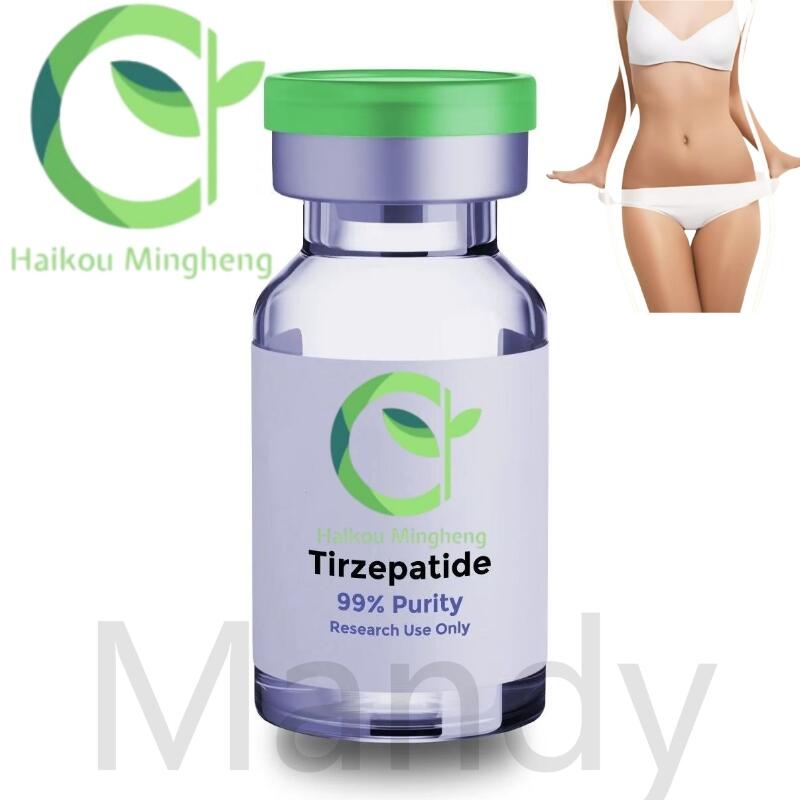Singaporean scientists study methods of inhibiting cancer causing proteins to fight cancer
-
Last Update: 2013-07-19
-
Source: Internet
-
Author: User
Search more information of high quality chemicals, good prices and reliable suppliers, visit
www.echemi.com
A team of researchers from the cancer Science Institute, affiliated to the National University of Singapore, studied 171 samples of local and 228 samples of liver cancer tissue from Hong Kong and found that if a carcinogenic protein named Sall4 appeared in patients, the survival rate would be lower than that of patients without Sall4 But as long as the protein is detected early in patients, they can receive active treatment earlier and have a greater chance to overcome the disease This means that researchers can list Sall4 as a biomarker that can predict the attack and condition of HCC Patients with high concentration of Sall4 can receive active treatment to resist the invasion of cancer without waiting for later symptoms Among all the patients with HCC, up to 50% of them will have Sall4 in vivo, and 10% of them will have high concentration of Sall4 in vivo In fact, the liver in the human embryo can make Sall4, but not in the healthy adult Only when it is reactivated by the human body, can it lead to the formation of cancer cells Scientists have yet to explain this unique biological phenomenon The team found a way to deal with Sall4 They did experiments in mice that used a peptide, a small protein, to interfere with the formation of Sall4 in their bodies Using this method to inhibit protein formation, it is expected to develop more effective anti hepatoma drugs The results of the study have been published in the recent New England Journal of medicine.
This article is an English version of an article which is originally in the Chinese language on echemi.com and is provided for information purposes only.
This website makes no representation or warranty of any kind, either expressed or implied, as to the accuracy, completeness ownership or reliability of
the article or any translations thereof. If you have any concerns or complaints relating to the article, please send an email, providing a detailed
description of the concern or complaint, to
service@echemi.com. A staff member will contact you within 5 working days. Once verified, infringing content
will be removed immediately.







